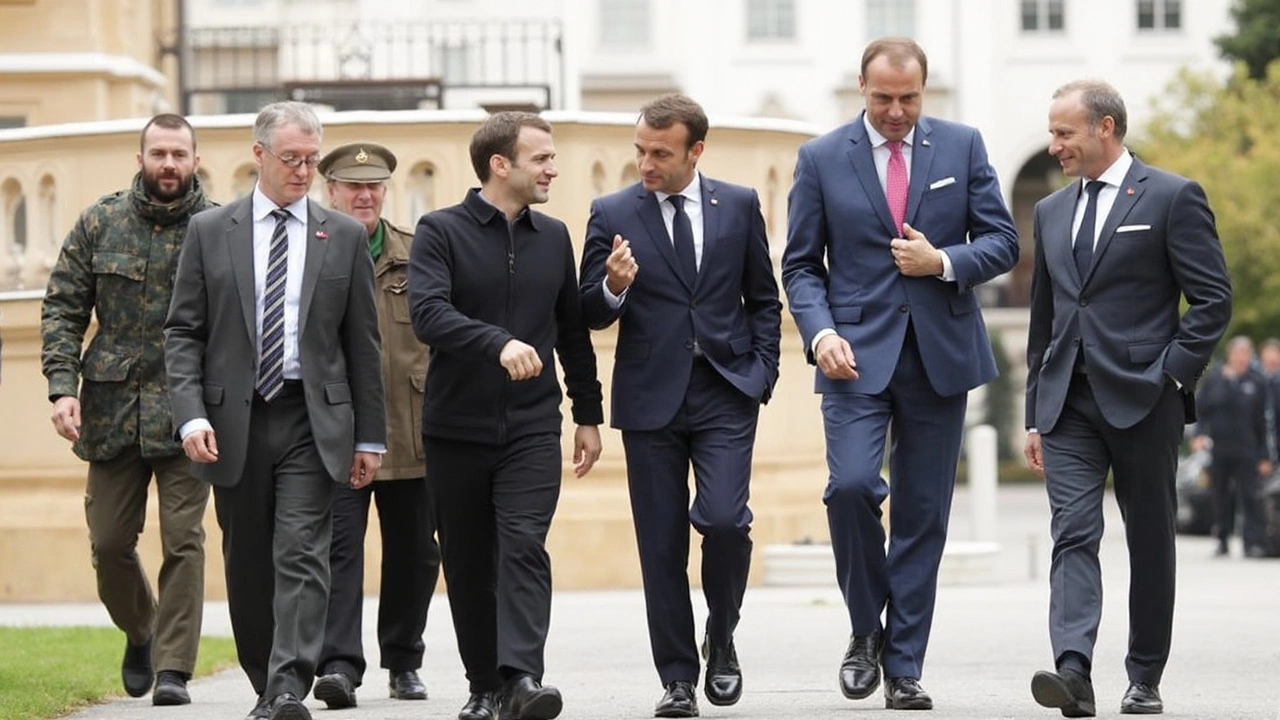Western Unity Ramps Up Pressure on Russia for Ukraine Ceasefire
Something unusual happened in Kyiv on May 10. Not just one or two dignitaries, but a powerful show of European unity gathered around Ukrainian President Volodymyr Zelensky. British Prime Minister Sir Keir Starmer stood shoulder-to-shoulder with France’s Emmanuel Macron, Germany’s Friedrich Merz, and Poland’s Donald Tusk. Their aim? To corner Russian President Vladimir Putin into agreeing, without strings attached, to a 30-day ceasefire in Ukraine—a direct demand, with the clock set to May 12.
This initiative isn’t just about words. In private and public, these leaders warned Russia of 'massive' new punishments for non-compliance: think tough moves against major Russian banks and energy companies—the kind of sanctions that sting. This pressure wasn’t just European; U.S. President Donald Trump signaled his support directly to Zelensky, making it unusually bipartisan and transatlantic in reach.
Turkey, never shy in playing the regional middleman, jumped in too. Its foreign ministry offered to help monitor any eventual ceasefire—another sign the proposal has grown beyond just headline rhetoric to practical steps on the ground.
Putin Reacts—but Surprises Everyone
Initial Kremlin reactions were cool, almost dismissive. Russian spokesman Dmitry Peskov called outside pressure 'useless' and said Moscow would 'think this through.' For a few tense hours, it seemed the all-star Western gathering might fall flat. But by evening, Putin popped up on TV with an unexpected invitation: direct talks with Kyiv, just five days later. No conditions, no threats—just a rare offer, the first in months, for 'serious negotiations' aimed at a lasting peace.
Is this a genuine opening or a tactical pause? It's hard to say. What’s clear is that the external message—fresh, united, and loaded with consequences—may have caught Moscow off guard, at least for now.
The language of the leaders was pointed. Starmer connected the dots to Europe’s history, pointing out that it’s been 80 years since the Second World War. Back then—like now—it was about 'freedom, democracy, and the right of nations to choose their own path.' Macron pushed an even bigger agenda, calling this moment a 'new era' for European security—meaning Europe is working to defend itself together, not just waiting for American help.
For Zelensky, these moves build on his earlier call for a ceasefire—only now he has heavyweight allies echoing his terms. All parties seem to want a way out that doesn’t push things toward open military escalation, but no one’s backing down from showing resolve.
With the West coordinating in ways Putin hasn’t faced before and Turkey prepared to move from words to watchdog, it’s a nervy, uncertain few days. The ball’s now in Russia’s court—and the world is watching.
